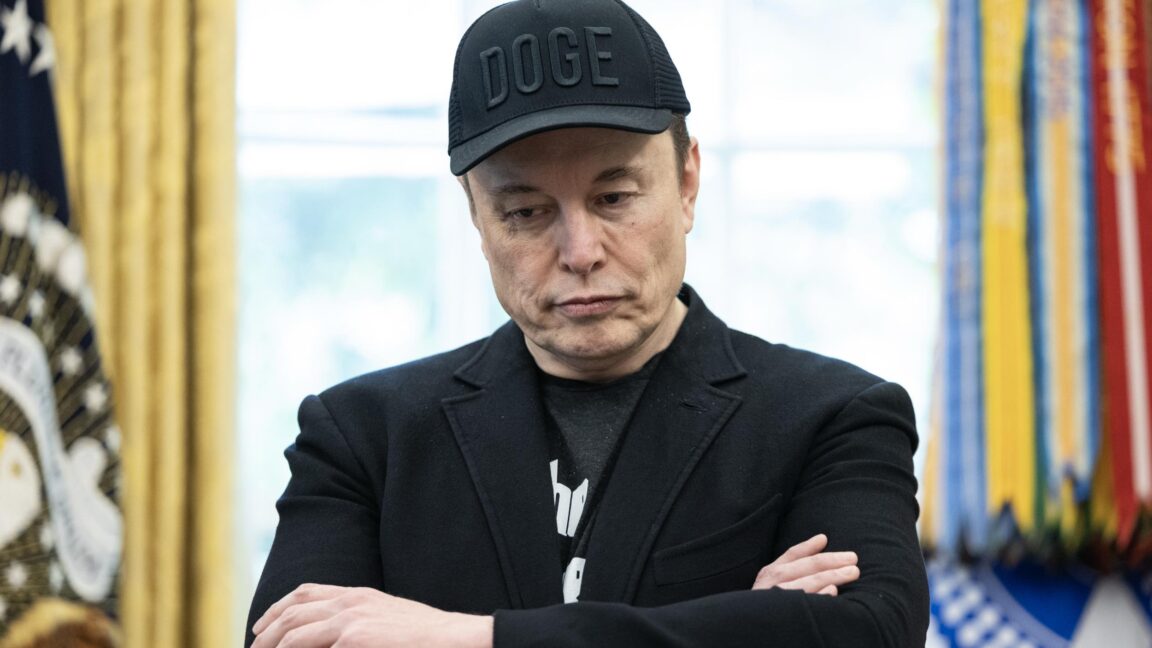
"When the Trump administration announced its overhaul of the Broadband Equity, Access, and Deployment (BEAD) program in March, estimates published by The Wall Street Journal suggested that SpaceX could receive $10 billion to $20 billion under the new rules. Musk clearly expected a big windfall; as we've written, SpaceX alleges that Virginia and Louisiana violated the Trump administration's rules by allocating most of the money to fiber providers instead of Starlink's satellite service."
"A Broadband.io analysis found that West Virginia's plan would direct 99 percent of a $624.7 million outlay to fiber projects, with Starlink receiving $6.4 million. Under the new plan, fiber would be deployed to about 94 percent of 73,701 grant-eligible locations, with Starlink receiving a subsidy to serve the other 6 percent of homes and businesses. An earlier version of West Virginia's plan would have spent $946 million in BEAD funding to serve about 110,000 locations with fiber,"
The Trump administration rewrote the Broadband Equity, Access, and Deployment (BEAD) program in March. Estimates suggested SpaceX could receive $10 billion to $20 billion under the new rules. SpaceX alleges that Virginia and Louisiana allocated most BEAD funds to fiber providers instead of Starlink and indicated it will ask the administration to reject those grant proposals. Early state plans show a continued emphasis on fiber deployment to most unserved households. West Virginia's plan would allocate 99 percent of $624.7 million to fiber and give Starlink $6.4 million, deploying fiber to about 94 percent of eligible locations. An earlier West Virginia plan would have used $946 million to reach about 110,000 locations but was scaled back to lower costs.
Read at Ars Technica
Unable to calculate read time
Collection
[
|
...
]